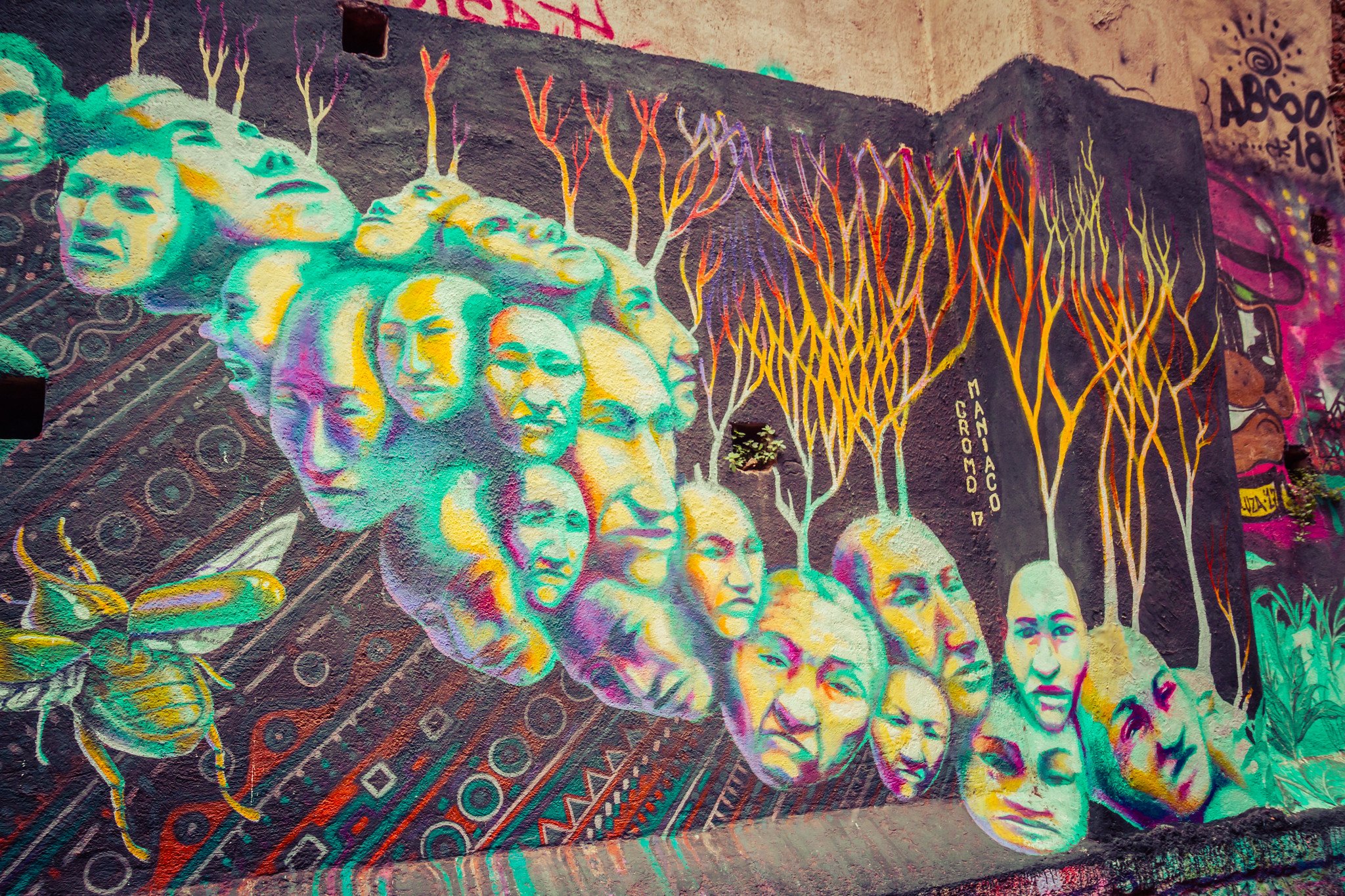
On Collective Grief: Caring for Our Emotions in the Wake of the U.S. Election
Collective grief is a term used to describe the reaction of a group of people who undergo a significant loss or extreme change together. This can include experiencing any tragedy that affects a community or nation. We can feel this type of grief following a natural disaster, an act of mass violence, a hate crime, a pandemic, an act of war, or any event that threatens the safety and stability of our community.
Grief is a natural response to all kinds of loss - changing relationships, losing a job, moving to a new city, experiencing decreased physical or mental functioning, confronting our own mortality, or becoming disillusioned about the state of the world. We can also grieve the loss of a vision or expectation for the future.

Advance Care Planning: Know Your Options
During a period of critical illness many patients are unable to speak for themselves, and their next-of-kin is often called upon to help make decisions about the best care for them. In such cases, patient’s families often find it helpful when a patient has made an advance directive detailing what kind of treatment they would want if they were unlikely to recover certain levels of mental or physical functioning. You can take steps today to start (or continue!) this important conversation.

IT’S NOT ABOUT YOU! And other stuff sick people wish they could say.
When a person in your life is going through a hard time such as an illness, divorce, or bereavement and your question is “how can I not say the wrong thing to them?” Dr. Susan Silk’s Ring Theory provides a simple answer: comfort in, dump out.

Ready to Travel Again? How to Cope with Culture Shock
If you've ever traveled outside of your hometown, you probably are familiar with the highs and lows of experiencing a culture different from your own. Traveling (even to another state or city) can be exciting, challenging, and full of learning opportunities. It also can be scary, frustrating, and overwhelming. In this season when more of us may be traveling, and students will be heading out to and returning from study abroad experiences, let’s consider what happens when our travel involves culture shock.

How to Find an Anchor When You Feel Adrift
Feeling adrift in life can be descriptive of a host of related emotions. For example, it could connote boredom, exhaustion, emptiness, loneliness, or deeper questions about what makes life meaningful. All of these emotions can be triggered by internal factors as well as factors outside of us that impact our lives and our ability to cope with stressors.

When Someone You Love is Grieving
Grief is as individual as those who experience it, so there’s no such thing as a “how-to” guide for helping a grieving friend. Part of supporting a person in mourning is to sensitively assess what would be most helpful to them given their personality and circumstances. However, there is some general guidance we can all keep in mind for more effectively supporting a loved one who is grieving.